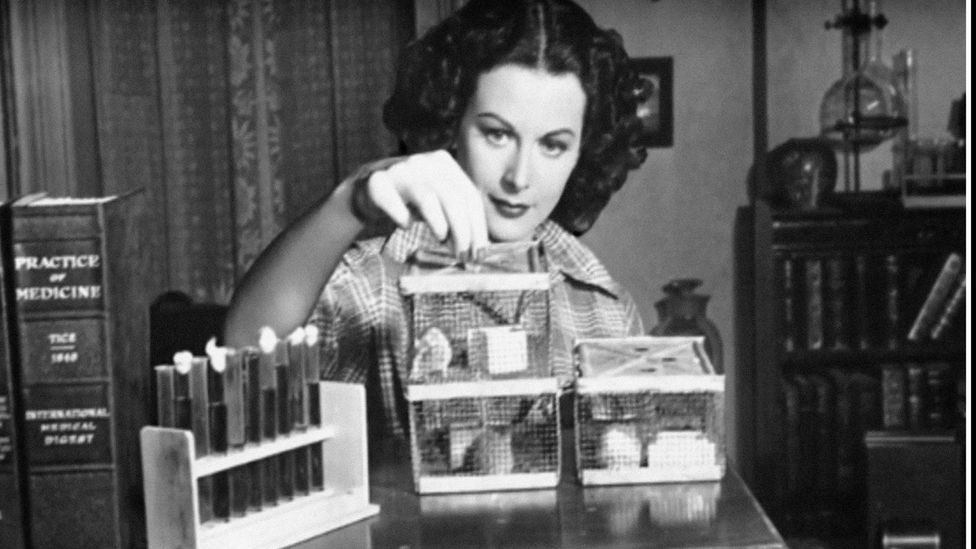

Burke notes that among those 500 polymaths he lists in his appendix, of those born in 1817 or later, “55 out of 250 were Jewish.” First among the Jewish polymaths may well have been that famously anti-Semitic Jew named Karl Marx. On the subject of Jewish polymaths, Peter Burke cites Thorstein Veblen’s essay “The Intellectual Pre-eminence of the Jews” and himself notes that Jews turn up with any frequency on his list of polymaths only in the mid-19th century onward, or roughly with the onset of the Haskala, the movement to introduce Jews to Western secular learning and culture. David Riesman, Ronald Dworkin, Jacques Derrida-polymaths? I don’t think so. At the book’s close, he provides the names of 500 people he feels qualify as polymaths, and the closer he gets to our own time, the more one is likely to argue with his choices.


Burke appreciates the strengths and knows the weaknesses of all these figures. Ibn Khaldun, Erasmus, Newton, Bacon, Leibniz, Vico, Montesquieu, Buffon, Renan, Germaine de Staël, the brothers von Humboldt, Comte, George Eliot, Max Weber, William James, Patrick Geddes, Roman Jakobson, James Frazer, Joseph Needham, Lewis Mumford, and many others march through these pages in an immensely impressive cavalcade of intellect. Burke takes up the careers of hundreds of polymaths through all eras, offering potted biographies of scores of these often wildly disparate figures. The Polymath is in itself a polymathic performance. The Greek poet Archilocus’s well-known dichotomy of hedgehogs and foxes-“the fox knows many things but the hedgehog knows one big thing”-is another theme that plays throughout Burke’s book.
Polymath people serial#
He also divides the many polymathic careers he considers between passive, clustered, and serial polymaths. Burke sets out the qualities that go to make the polymath: high concentration, powerful memory, speed of perception, imagination, energy, a competitive sense, and more. A third, grander reason has been the strong impulse to discover the unity, if such unity exists, of all knowledge. Intellectual competitiveness and snobbery might be another.

Why would anyone wish to be a polymath? Wide and relentless curiosity is one answer. Even as early as the mid-18th century, Diderot’s and d’Alembert’s Encyclopédie defined polymathy as “often nothing more than a confused mass of useless knowledge” offered “to put on a show.” The goal of universal knowledge itself has long been seen as foolish or exhibitionistic. But, then, knowledge has greatly widened, without, alas, having notably deepened. The subtitle of the book is “A Cultural History from Leonardo da Vinci to Susan Sontag,” which suggests a long sad slide downhill in the history of polymathy. The distinction between learning and wisdom is one of the leitmotifs that plays through The Polymath. Pansophia, or universal wisdom, is the often unspoken-of, and even less often achieved, goal of much polymathy. Other terms for the polymath over the years have included polyhistor, Renaissance man, generalist, man of letters. The goal of the true polymath is encyclopedic in the sense that he desires to get round as large a portion of the circle of knowledge as he can. Peter Burke, an English cultural historian and author of a new study called The Polymath, defines his subject as “someone who is interested in learning about many subjects.” 1 To qualify for the title, one needs to have exhibited a reasonable mastery over several subjects, a mastery generally evidenced by published works upon them or by inventions that issued from them. A rich field, epistemology, one that has scarcely been plowed. Then there are the questions of what is the difference between information and knowledge and, in turn, knowledge and wisdom. May one call oneself learned without having ancient Greek and Latin, cultured without being able to read music, knowledgeable without knowing the history of China? As for being educated, given the state of the contemporary university outside its scientific departments, no one today can claim to be educated because he or she has graduated from a college or university. Nor is it very helpful about what is required to be learned, or cultured, or knowledgeable, or even educated. Epistemology, the theory and study of knowledge and how it is acquired, is unsatisfactory on the subject of the polymath, or the person of extraordinarily wide-ranging knowledge.


 0 kommentar(er)
0 kommentar(er)
